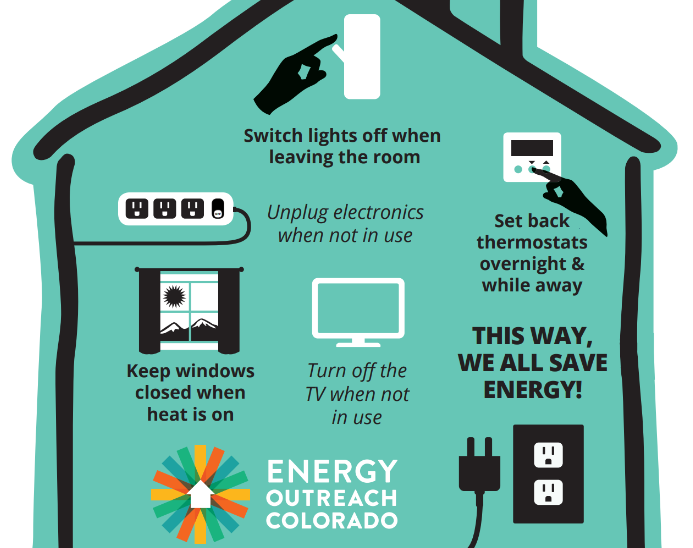Balancing Net Zero and Keeping the Heat On
Colorado's push for renewable energy is leaving some out in the cold.
Sarah Hunt //December 18, 2023//


Balancing Net Zero and Keeping the Heat On
Colorado's push for renewable energy is leaving some out in the cold.
Sarah Hunt //December 18, 2023//
Access to affordable energy is a prerequisite for economic security, physical health and social wellbeing. Energy poverty occurs when a household is unable to access essential energy services and products.
Coloradans are fortunate to live in a state where energy is reliably available, and instances of brownouts and blackouts are rare and promptly remedied. In the developed world, energy poverty is preceded by financial insecurity, rather than insufficient supply and delivery.
READ: Who Will Lead Colorado’s Energy Future?
Unfortunately, there has been an uptick of environmental activism in the Centennial State, the effects of which contribute to a diminished energy supply, increased costs and more instances of energy poverty.
Regulatory policies and their sponsors may be well-intended, but they are demonstrably harming those who can least afford it.
When he ran for governor, Jared Polis campaigned on a platform calling for the state to be exclusively reliant on renewable energy by 2040. Along with democrat legislators and regulators, Gov. Polis is pursuing that lofty goal through a series of new laws and regulatory requirements that directly impact fuel supplies and prices.
House Bill 1261 is a climate-action plan empowering regulators to pursue Polis’ aggressive renewable goals. According to a report released by the Common Sense Institute (CSI), the new regulations will not dent national, let alone global, greenhouse gases in the atmosphere, but the renewable mandates are costly and will unnecessarily impact all energy consumers.
Those in the lower socio-economic strata spend a significantly larger percentage of their incomes on energy and will feel the brunt of higher costs much more than their affluent neighbors. CSI’s report recommends a net-zero energy strategy, rather than a 100 percent renewable strategy. They argue that this compromise will allow energy to remain affordable and reliable by allowing for the “continued use of fossil fuels with appropriate offsets and/or capture of greenhouse gases.”
READ: Understanding ESG & Colorado’s Energy Transformation
Colorado’s environmentalists are unlikely to consider such a compromise. Instead, they persistently bring forth a never-ending tab of new proposals effectuating the deconstruction of the oil and gas industry upon which we rely to heat our homes and drive our cars.
Energy assistance programs in the state are receiving record-breaking numbers of calls. Energy Outreach Colorado has received 335,555 calls so far in 2023, a 20 percent increase from last year. “Last year, natural gas prices were absolutely unprecedented,” says Ms. Denise Stepto, chief communications officer at Energy Outreach Colorado. “This year already, people are calling our office and saying, ‘I’m scared I can’t afford to heat my home this winter.’” Stepto said she’s worried about people having to choose between heat and food or medicine, or having to bundle their children in winter coats at bedtime.
Rising natural gas prices and increasing utility rates are financially clobbering Coloradans, and policymakers are insufficiently moved to consider a course correction. Instead, it’s full speed ahead on climate action, and banning the natural gas that could rescue the people who are struggling the most.

























